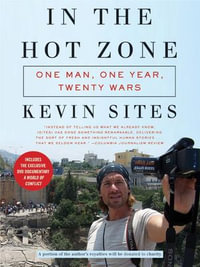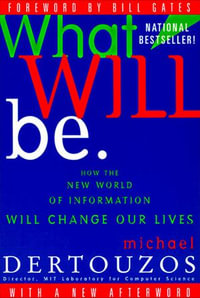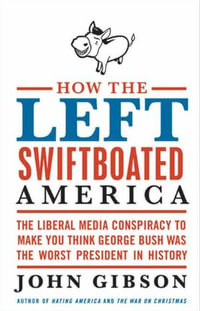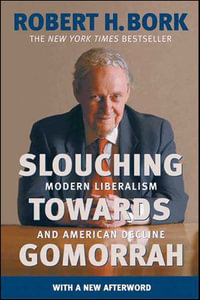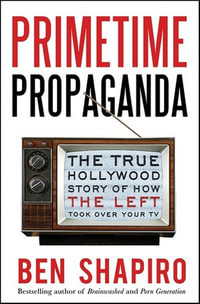
eTEXT
How Media Inform Democracy
A Comparative Approach
By: Toril Aalberg
eText | 27 February 2012 | Edition Number 1
At a Glance
eText
$102.30
or
Instant online reading in your Booktopia eTextbook Library *
Read online on
Desktop
Tablet
Mobile
Not downloadable to your eReader or an app
Why choose an eTextbook?
Instant Access *
Purchase and read your book immediately
Read Aloud
Listen and follow along as Bookshelf reads to you
Study Tools
Built-in study tools like highlights and more
* eTextbooks are not downloadable to your eReader or an app and can be accessed via web browsers only. You must be connected to the internet and have no technical issues with your device or browser that could prevent the eTextbook from operating.
ISBN: 9781136633812
ISBN-10: 1136633812
Series: Routledge New Developments in Communication and Society Research
Published: 27th February 2012
Format: ePUB
Language: English
Number of Pages: 244
Publisher: Taylor & Francis
Edition Number: 1
You Can Find This eBook In
Non-FictionSociety & CultureMedia StudiesPolitics & GovernmentPolitical Structure & ProcessesPolitical Structures & DemocracyLanguage & LinguisticsReference, Information & Interdisciplinary SubjectsInterdisciplinary StudiesCommunication StudiesIndustry & Industrial StudiesMedia, Entertainment, Information & Communication Industries
This product is categorised by
- Non-FictionSociety & CultureMedia Studies
- Non-FictionPolitics & GovernmentPolitical Structure & ProcessesPolitical Structures & Democracy
- Non-FictionLanguage & Linguistics
- Non-FictionReference, Information & Interdisciplinary SubjectsInterdisciplinary StudiesCommunication Studies
- Non-FictionIndustry & Industrial StudiesMedia, Entertainment, Information & Communication IndustriesPress & Journalism
- Non-FictionPolitics & GovernmentPolitical Control & FreedomsPolitical Campaigning & Advertising
- Non-FictionHistory





